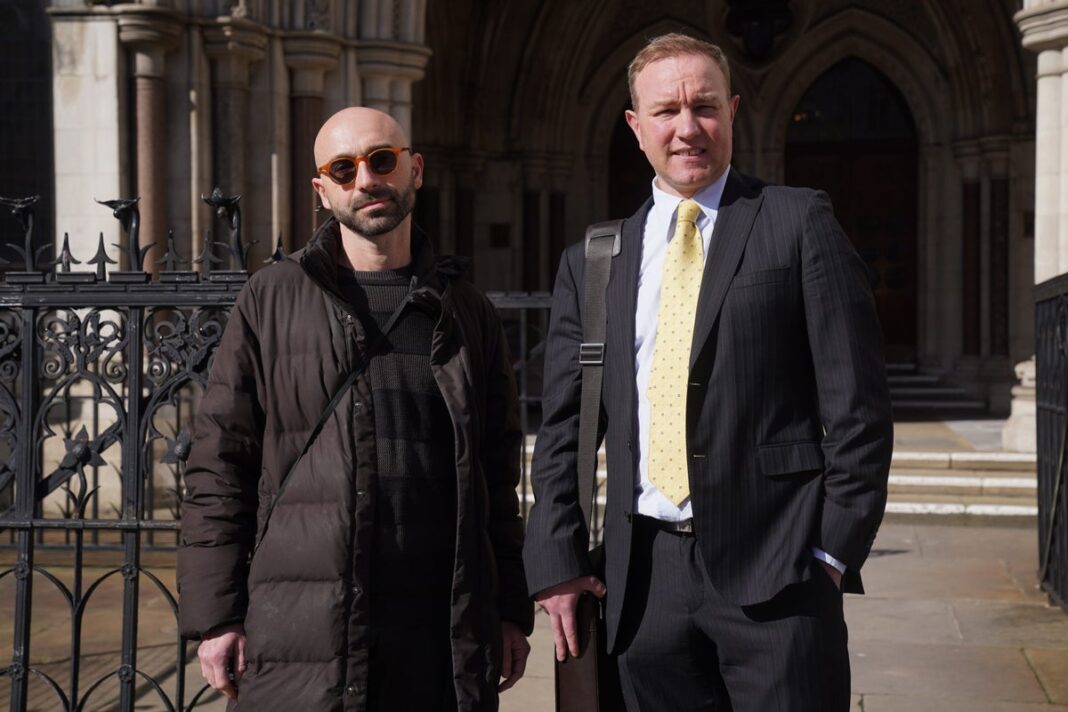Two former financial market traders jailed over interest rate benchmark manipulation are set to find out if their Supreme Court bids to clear their names have been successful.
Tom Hayes, a former Citigroup and UBS trader, was found guilty of multiple counts of conspiracy to defraud over manipulating the London Inter-Bank Offered Rate (Libor) between 2006 and 2010.
He is challenging his conviction, as is Carlo Palombo, an ex-vice president of euro rates at Barclays bank, who was found guilty of conspiring with others to submit false or misleading Euro Interbank Offered Rate (Euribor) submissions between 2005 and 2009.
The Court of Appeal dismissed appeals from both men in March last year.
They then took their cases to the Supreme Court.
The panel of five justices was also asked to look at whether the cheapest rate needs to be submitted, or if it can be one selected from a range of potential borrowing rates.
The Serious Fraud Office (SFO) opposed the appeals.
Supreme Court president Lord Reed, Lords Hodge, Lloyd-Jones and Leggatt, and Lady Simler are expected to hand down their judgment at 9.30am on Wednesday.
At a hearing in March, lawyers for the men said the trial judge had wrongly directed the jury, and injected “confusion” into their cases.
Adrian Darbishire KC, for Hayes, told the court that there was a “marked failure to respect the limits of the role of a judge in a jury trial”, adding that “part of the point of juries is that they are not judges – they are representative of society”, and their views are sought in “preference” to that of a judge.
In written submissions, Tim Owen KC, for Palombo, said the trial judge’s directions to the jury “failed to identify the correct issue for the jury” and “injected confusion into the terms of the indictment”.
Mr Owen said dishonesty was a “question of fact for the jury to assess”, and not “a matter to be shaped by legal directions”.
In written submissions Sir James Eadie KC, representing the SFO, said the issues identified in Hayes’s case go “far beyond the issues arising from the certified questions”, and that his case “repeatedly mischaracterises the indicted offence”.
He said: “If as a matter of law the Libor definition does not permit trading advantage to be taken into account, it is still necessary for the prosecution to prove and the jury to find that the defendant acted dishonestly in making the submission.
“In this case it is clear that the issue of dishonesty was left to the jury.”
The Libor rate was previously used as a reference point around the world for setting millions of pounds worth of financial deals, including car loans and mortgages.
It was an interest rate average calculated from figures submitted by a panel of leading banks in London, with each one reporting what it would be charged were it to borrow from other institutions.
Hayes, who has maintained his innocence, spent five and a half years in prison and was released in January 2021.
Palombo had denied acting dishonestly but was jailed for four years in April 2019 after a retrial.


